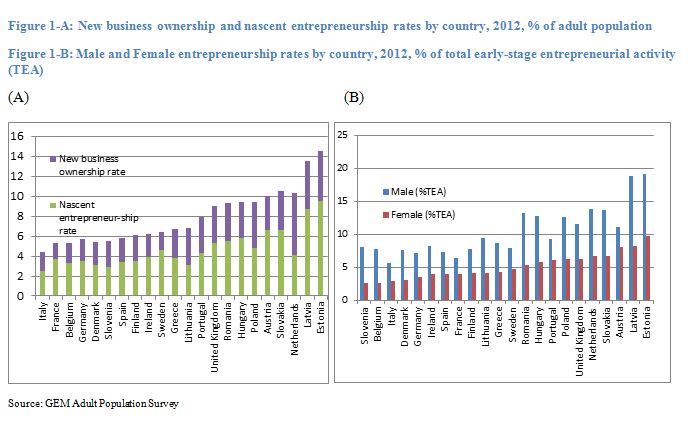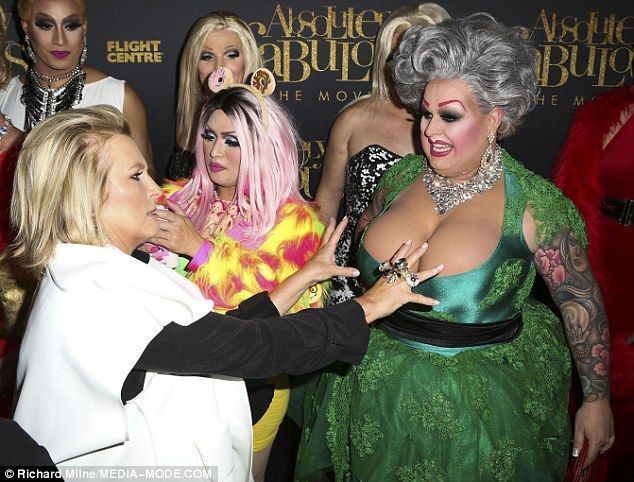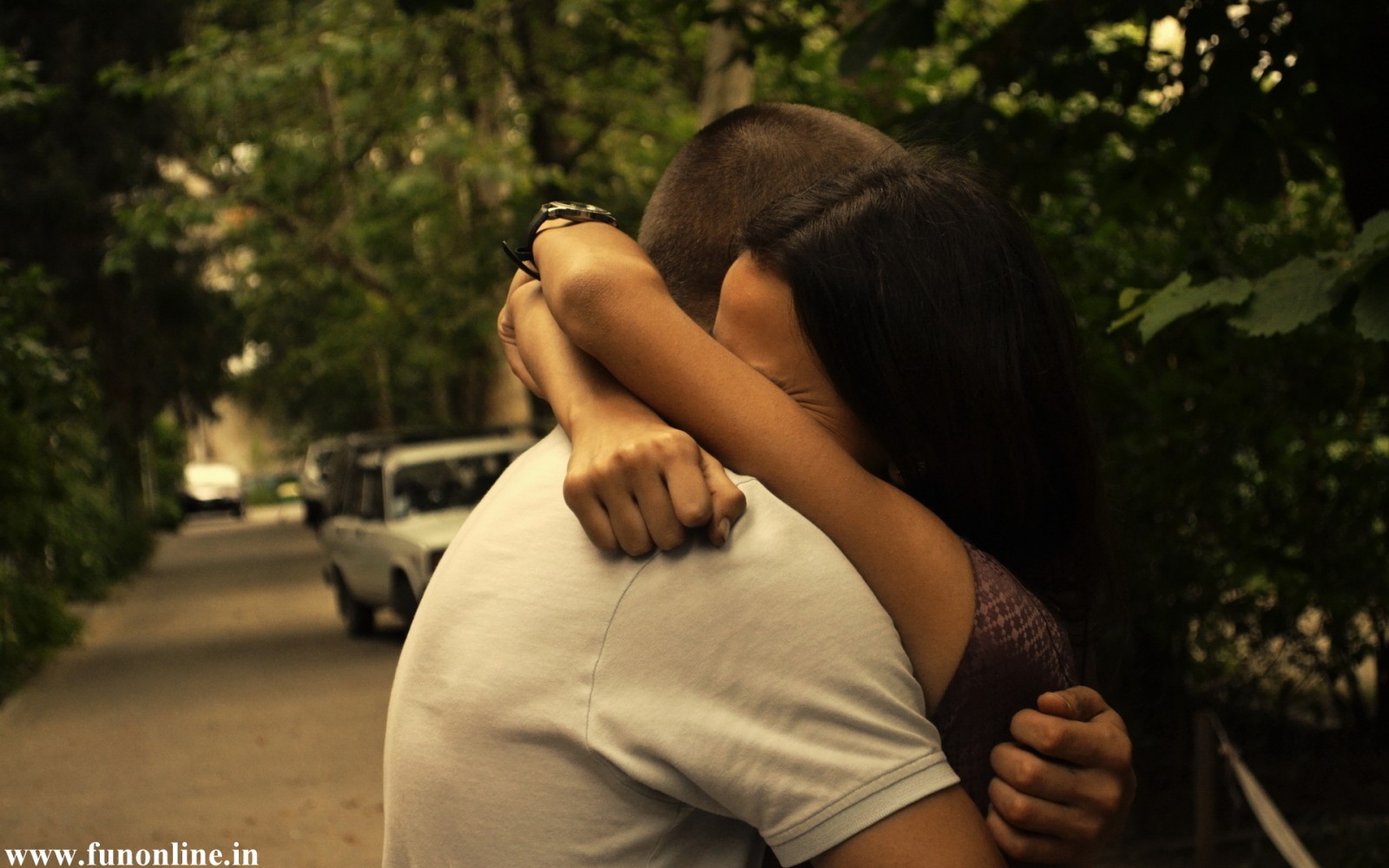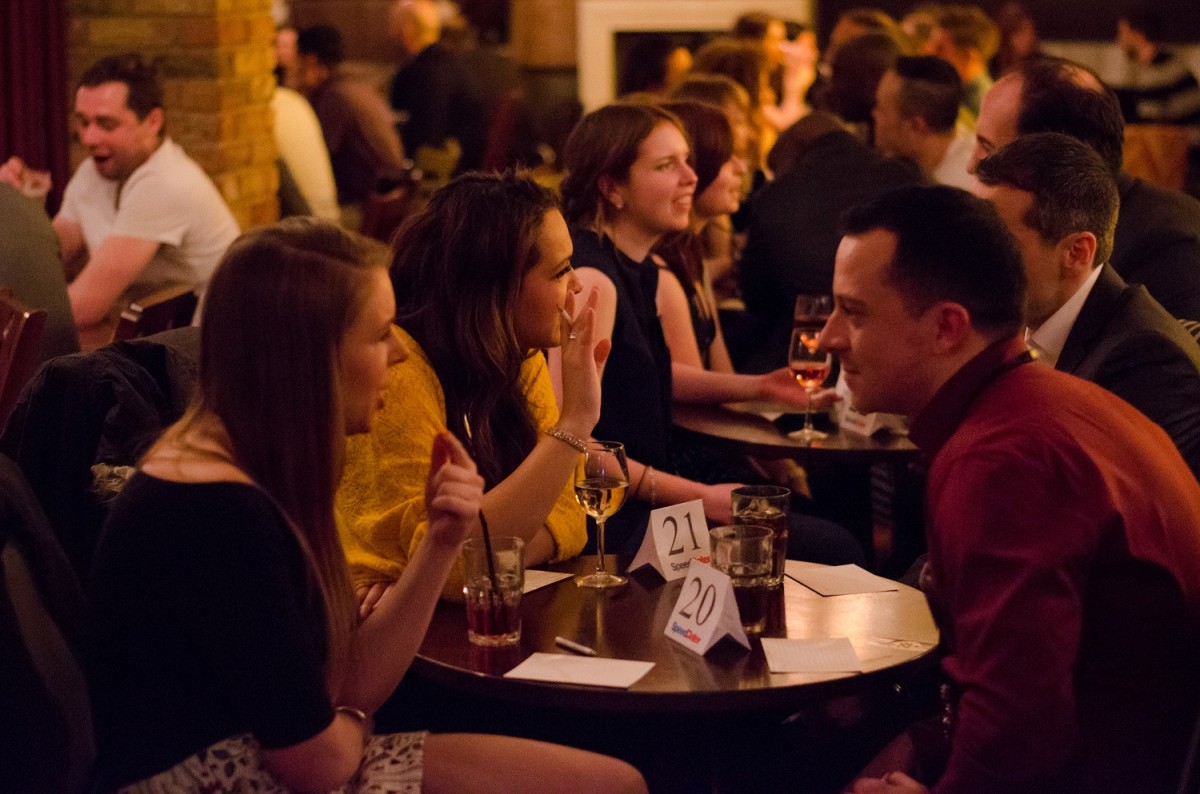Some churches confronted repeated break-ins and complained that the native police made no efforts to find these accountable however as an alternative intimidated church officials by calling them in for lengthy interrogations. Discrimination remained a serious problem within the RS, particularly in the jap half, and in Croat-dominated areas of the Federation; discrimination in opposition to non-Muslims appeared to worsen in some Bosniak-majority areas the place more conservative Islamic communities resided. Sarajevo, the Bosniak-majority capital, preserved partially its traditional position as a multiethnic metropolis; nevertheless, complaints of discrimination persisted. Some non-Muslims reported feeling isolated and marginalized within the capital.
Throughout the final war and ever since, Spahic Siljak has facilitated quite a few peacemaking efforts by women of all ethnic, spiritual, or nonreligious backgrounds. Thanks partly to her advocacy of relying on non secular messaging—for instance inspirational tales from religious sources that believers can simply relate to—her efforts have slowly turn into acknowledged as a powerful software for peacebuilding and promoting women’s roles in reconciliation in Bosnia.
Paradoxes in training and women’s work
The traces dividing politics, ethnic identity, and religion were typically blurred, significantly through the period prior to the 2006 national elections and during the public debate over proposed adjustments to the Bosnian Constitution. Some religious leaders grew to become more and more political and vocal in this interval and used religious sermons and services for political campaign functions. Political candidates courted non secular leaders through the campaign season and had been often photographed together in campaign propaganda and media reports. Religious leaders additionally used their position to affect the election consequence by encouraging their communities to vote for certain individuals or events.
Anna Maria Tremonti’s most memorable interviews: The Bosnian women who bore youngsters of war
They have damaged the silence of fear although nearly all of women who were raped, impregnated and who gave start to kids thus conceived have not spoken. But the bravery of Bosnian women shouldn’t be limited to the rape trials; their resilience and defiance, together with their choice to break the silence about their rapes have to be recognised. Their id should not be restricted to that of a rape victim, but they need to be recognised as women who stood towards all the odds. This is seldom a focus when it comes to the ladies of Bosnia.
Don’t Enter a Bosniak’s House Wearing Your Shoes
But it’s the least I can do for my mom, my sisters and the women of Bosnia and Herzegovina. Many officials used property restitution cases as a device of political patronage, rendering religious leaders depending on politicians to regain property taken from non secular communities. Other unresolved restitution claims have been politically and legally difficult. For instance, the Serbian Orthodox Church continued to hunt the return of the building that housed the University of Sarajevo’s Economic Faculty and compensation for the land on which the state parliament constructing is positioned.
The Jewish and Muslim communities also asserted historic claims to many business and residential properties in Sarajevo. The Catholic group maintained numerous comparable claims in Banja Luka. Traditional spiritual communities all had in depth claims for restitution of property that the communist government of the former Yugoslavia nationalized after World War II. The State Law on Religious Freedom supplies spiritual communities the proper to restitution of expropriated property throughout the country “in accordance with the regulation.” A special multi-ethnic restitution commission completed its mandate and delivered a draft restitution regulation to the Council of Ministers in early 2007 for approval. However, as of mid-2007 no motion had been taken, and many believed that the regulation would not be handed without adjustments. In the absence of any state legislation particularly governing restitution, return of former spiritual properties continued on an ad hoc foundation on the discretion of municipal officials but was normally accomplished solely in favor of the majority group.
Compared to the earlier reporting period, assaults on religious objects and spiritual officers elevated considerably, particularly in the campaign months before the national elections, throughout which nationalist rhetoric employed by sure political parties heightened religious and ethnic tensions. The presence of a big stone cross and cement foundations for the eventual addition of more crosses in the ethnically divided city of Stolac in Herzegovina also remained contentious. In 2004 Federation authorities ordered the removal of the cross and foundations; nonetheless, the removal was delayed pending the result of a 2004 lawsuit on the legality of the Federation Government’s determination. In September 2006 the Federation Constitutional Court upheld the constitutionality of the regulation, and the Federation Ministry of Spatial Planning was able again to launch an initiative for removal of the cross and foundations. While the Federation Ministry of Spatial Planning had the legal authority to undertake such an initiative, it was reluctant to do so out of concern that the action would increase inter-ethnic tensions in the course of the election yr.
It additionally urged them to oppose U.S.-brokered constitutional amendments “via which warfare horrors would be legalized and the Croat individuals marginalized.” During the preelection period, the media and others usually criticized the top of the BiH Islamic group for his appearance at public events with presidential candidate Haris Silajdzic and for his public statements calling on Silajdzic to “write a brand new constitution” so Bosniaks would honor him as they do wartime president Alija Izetbegovic. Bosnia’s state-level authorities does not formally recognize any spiritual holy days as an official vacation, and Parliament continued to disagree on a state legislation on national holidays. Entity and cantonal authorities routinely acknowledge religious holidays celebrated by members of the realm’s majority faith, with government and public workplaces closed on these days. In May 2007 the RS Constitutional Court overruled a Vital National Interest veto by Bosniaks in the RS Council of Peoples, thus enabling the RS National Assembly to move the Law on Holidays within the RS, which incorporates observance of RS Day on January 9. Locally observed holy days embody Orthodox Easter and Christmas in the RS, Catholic Easter and Christmas in Herzegovina, and Kurban Bajram and Ramadan Bajram in Sarajevo and central Bosnia.
The pictures are engraved in my memory, and I try to share them with the world for the good thing about future generations as a result of I are not looking for one other little girl to stay via what I even have. This is the explanation why I try to reckon with the past, even though one of the hardest issues to do is to put in writing about my past, especially about my very own mom, because I still really feel her pain and fear – worry of not being able to comfort her 4 daughters and concern of dropping us. The tales of Bosnian moms and sisters have been overshadowed by tales of killings, and at occasions I really feel that while we are coping with statistics and ICTY trials, we neglect that there’s a human coronary heart behind each story.
Bosnian War
The curriculum is a combination of Bosniak and Croat curricula used within the Federation. The State Constitution safeguards the rights of the three main ethnic groups (Bosniaks, Serbs, and Croats), and by extension the three largest spiritual communities, by offering proportional illustration for every group within the authorities and in the armed forces. As a results of the governmental construction created by the Dayton Accords, parliamentary seats and most government positions are apportioned particularly to members of the three “constituent peoples.” These stipulations usually bosnian women result in constitutional discrimination in opposition to “others” and sympathizers of sure spiritual communities that don’t match neatly into the three teams. During the interval coated by this report, members of the Bosnian Jewish and the Romani communities filed separate lawsuits before the European Court of Human Rights to deal with this discrimination against these thought-about “others” by the State Constitution.
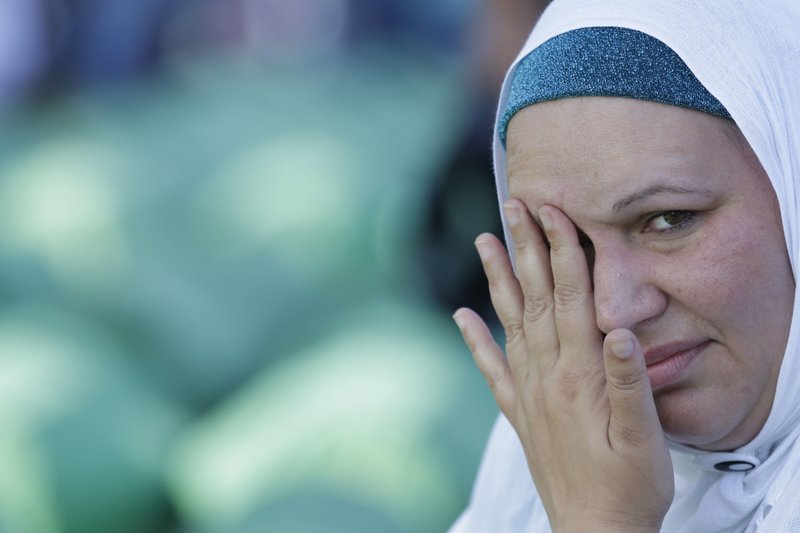
Its civic engagement program will increase the participation of Women for Women International graduates, women’s affiliation members and younger women in native authorities and in grassroots, concern-based mostly advocacy organizations. For example, a Young Women in Leadership and Development project is providing in-depth training and mentoring for young women in management, advocacy, challenge design and fundraising to enable them to design community improvement tasks and turn into energetic leaders in local civil society organizations.
Women are beneath-represented in political life, significantly in excessive-rating positions and elected workplaces. Illustration of Bosnian filmmaker Jasmila Zbanic from the book #ZeneBiH (Women of Bosnia and Herzegovina). Illustration by Amila Hrustic Batovanja.







